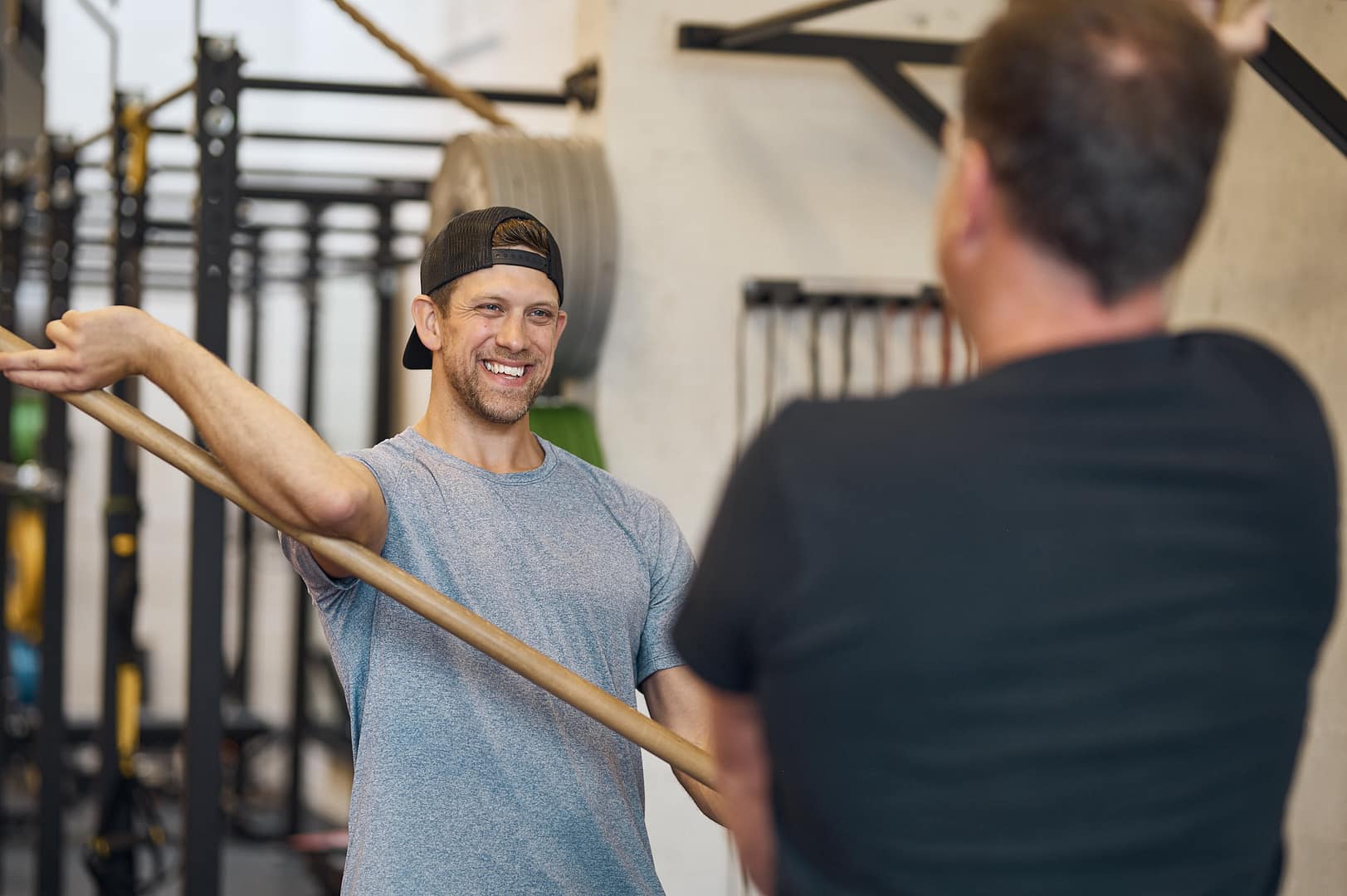[et_pb_section fb_built=”1″ admin_label=”section” _builder_version=”4.16″ da_disable_devices=”off|off|off” global_colors_info=”{}” da_is_popup=”off” da_exit_intent=”off” da_has_close=”on” da_alt_close=”off” da_dark_close=”off” da_not_modal=”on” da_is_singular=”off” da_with_loader=”off” da_has_shadow=”on”][et_pb_row admin_label=”row” _builder_version=”4.16″ background_size=”initial” background_position=”top_left” background_repeat=”repeat” global_colors_info=”{}”][et_pb_column type=”4_4″ _builder_version=”4.16″ custom_padding=”|||” global_colors_info=”{}” custom_padding__hover=”|||”][et_pb_text admin_label=”Text” _builder_version=”4.19.4″ background_size=”initial” background_position=”top_left” background_repeat=”repeat” hover_enabled=”0″ global_colors_info=”{}” sticky_enabled=”0″]
Supplementing can be an incredibly beneficial way to ensure all nutrition needs are being met, without over-complicating things. However, the World of supplements is often riddled with falsehoods and myths, which can create an intimidating space to enter. Whether or not you need to supplement is another question that we address on another Blog here. Today, we’ve put together our top 5 supplement recommendations, to give you an idea of where to start.
Protein Powder
Active individuals have higher protein needs, and using protein powder is an easy way to ensure these protein needs are being met. Typically, whey and vegan protein powers will carry similar protein contents, making either option a viable choice. Whey protein is a complete protein found in dairy products. While whey is not vegan, or safe for those with dairy allergies, it is a common supplement and can help individuals hit goals for daily protein intake. Alternatively, vegan protein powders can be made from plants like soy or pea, meaning they’re lactose free! These options are great if you follow a plant-based diet, or have an intolerance to dairy or lactose. Wondering if you’re getting enough protein from a plant-based diet? Check-out our Blog post on plant-based protein here.
Creatine
Creatine monohydrate supplementation has been known to enhance high-intensity exercise performance. Despite common discourse which suggests different biological reactions to this kind of supplementation, studies have found creatine supplementation boosts performance in males and females alike.
Magnesium
Magnesium has many benefits, including supporting bone formation, muscle and nerve function, and energy production! While it can be found in a variety of foods, like spinach and almonds, many individuals are deficient in magnesium and could benefit from supplementing. Check out Forbes’ top recommended Magnesium supplements.
Vitamin D
Vitamin D can be obtained from sun exposure, food, or supplements. In the winter months, when UV rays are sparse, supplementing Vitamin D can be beneficial. Vitamin D promotes bone health and increases the release of serotonin. Learn more about Vitamin D supplementation in this medically reviewed article from Everyday Health.
Iron
Iron deficiency is common, and is often supplemented. Iron can be found in abundance in foods like meat, fish and poultry. Vegetables like spinach, kale and broccoli also contain iron, but in smaller quantities. Vegetarian and plant-based diets can often be lacking in iron, and could benefit from supplementation. Find more information about supplementing iron here.
If you need more help with supplementation or nutrition connect with one of our Personal Trainers here or contact us today!
[/et_pb_text][/et_pb_column][/et_pb_row][/et_pb_section]




